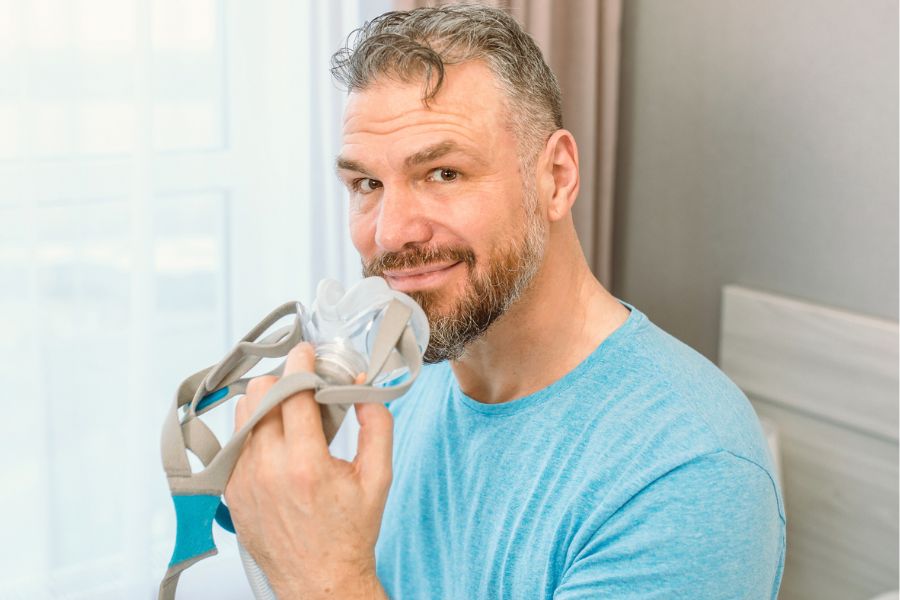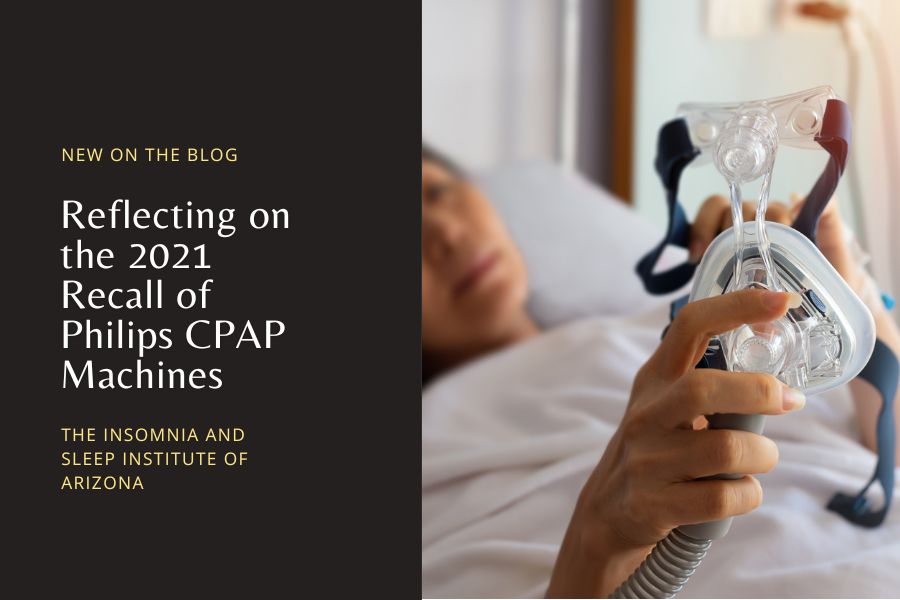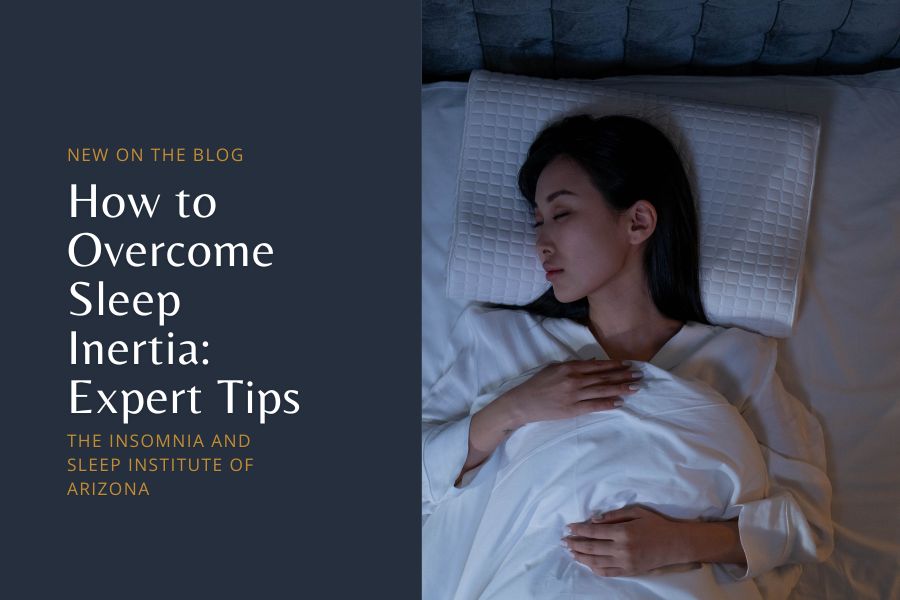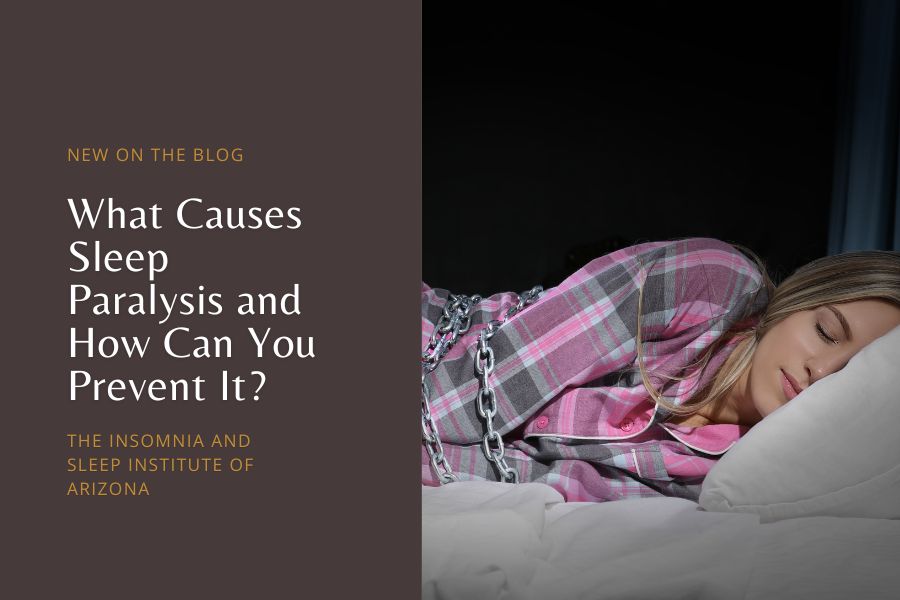What happens when a factory recall costs you your CPAP machine? Philips’ 2021 recall of millions of CPAP and BiPAP devices has sparked widespread safety concerns and is in the news again due to a $1.1 billion dollar settlement. Faulty components, including degrading foam, could release harmful particles into the air.
Many users have been left questioning their health and ongoing treatment safety. Quick action is essential to safeguard your health and keep therapy effective.
How Do I Check If My CPAP Machine Was Recalled?
Check if your CPAP machine is part of a recall. It matters for your health and safety. Here’s a quick guide to help you verify.
- Identify Your Device Model and Serial Number: Locate these on the device itself. Usually on a label at the bottom or back of the machine. Make a note of these details.
- Visit Philips’ Recall Website or FDA Recall Database: There’s a recall website to check if your device is affected. Enter your device information there for details. FDA also keeps a database of recalled medical devices.
- Register for the Recall If Affected: If your device is listed, go to the website and register for their repair or replacement program. Provide your contact information. Add your purchase details when prompted.
- Contact Your Medical Equipment Supplier or Healthcare Provider: Your supplier or healthcare provider can guide you in identifying your model. They’re also available to clarify any next steps. Additional support may be provided as needed.
It’s also a good idea to check for updates periodically. Staying informed is essential.
What Should I Do If My CPAP Machine Was Recalled?
If your CPAP machine is affected, act quickly. Take these next steps to ensure your safety and health.
- Stop Using the Device (If Recommended): Users of affected devices should stop using them right away and consult their healthcare provider. Pausing usage is key for safety. Exposure to harmful particles or gases must be avoided.
- Participate in the Repair or Replacement Program: A repair-and-replace program is available for recalled devices. You can enroll through the recall website. Depending on availability, you may receive a replacement or have your current device repaired.
- Monitor for Symptoms and Report Adverse Events: If you’ve noticed unusual symptoms like respiratory issues or headaches, keep a record and speak with your doctor. Reporting adverse effects directly to the FDA is another option. This step helps regulators effectively track medical device safety.
- Check for Reimbursement Options: Some models, such as those from Philips, may offer financial compensation. A recent settlement of $479 million in December 2023 covers reimbursement options. It applies to those who rented, leased, or purchased affected devices. Make sure to verify if you qualify for reimbursement. Your eligibility depends on the device model and the purchase period.
Being proactive is important. Acting quickly on a recall reduces health risks. It also helps maintain effective treatment for sleep apnea.

The 2021 Recall of Philips CPAP Machines
Philips, a top CPAP manufacturer, recently faced a recall. In June 2021, Philips voluntarily recalled several CPAP, BiPAP, and ventilator models. The problem stemmed from sound abatement foam inside the machines.
Over time, this foam began to break down, releasing harmful particles and gases. Users of the recalled devices could inhale these particles. Reported health risks included respiratory issues, headaches, and potentially toxic effects.
Philips issued additional updates following the initial recall. In December 2023, the company agreed to reimburse $479 million to those affected. By June 2023, the FDA had received over 100,000 reports concerning recalled Philips devices.
These reports illustrate the serious, ongoing impact of the recall. Many people depend on these machines for essential sleep apnea treatment. Awareness of potential safety issues remains important for users. Staying informed about the status of personal devices helps ensure safety.
Philips recalled models of CPAP, BiPAP machines, and ventilators include:
- A-Series BiPAP A30
- A-Series BiPAP A40 (ventilator)
- A-Series BiPAP Hybrid A30
- A-Series BiPAP V30 Auto (ventilator)
- C-Series ASV (ventilator)
- C-Series S/T and AVAPS
- DreamStation
- DreamStation ASV
- DreamStation Go
- DreamStation ST, AVAPS
- Dorma 400
- Dorma 500
- E30
- Garbin Plus, Aeris, LifeVent (ventilator)
- OmniLab Advanced+
- REMstar SE Auto
- SystemOne ASV4
- SystemOne (Q-Series)
- Trilogy 100 (ventilator)
- Trilogy 200 (ventilator)
What Can I Use If My CPAP Machine Is Recalled?
You have several options available if your CPAP machine has been recalled. Switching devices might seem daunting, but many options exist to ensure you continue receiving effective sleep apnea treatment. ResMed and Fisher & Paykel are reliable CPAP brands known for high-quality, FDA-approved devices. Both have a solid reputation in sleep care. Consult your healthcare provider when switching devices. Trust and quality matter in CPAP solutions.
Our expert sleep physicians at the Insomnia and Sleep Institute of Arizona can help you explore your alternatives.
Consider the Risks of Continuing to Use Recalled CPAP Machines
Recalled CPAP machines can be hazardous to your health and must be replaced quickly. The Philips recall highlighted a major issue: sound abatement foam breaking down. Heat and humidity can cause the foam, made from polyester-based polyurethane (PE-PUR), to degrade over time. When this happens, harmful particles can enter the airway. These particles may lead to health risks like respiratory irritation and other serious complications.
- Inhalation of Harmful Particles: As the foam deteriorates, small particles may be released and inhaled by users, potentially leading to respiratory issues. Symptoms can include coughing, sinus infections, and even irritation of the upper airways.
- Chemical Exposure Risks: The degraded foam can also emit volatile organic compounds (VOCs) linked to toxic and carcinogenic effects. Prolonged exposure to these VOCs may contribute to serious health concerns, including organ damage.
- Worsening of Sleep Apnea Symptoms: Discontinuing use of a recalled CPAP machine without a suitable alternative can lead to worsening sleep apnea symptoms. This can result in daytime fatigue, cardiovascular issues, and increased risk of accidents due to drowsiness.
- Potential Long-Term Health Consequences: Sleep apnea itself carries risks, such as increased chances of hypertension, heart disease, and stroke. A gap in treatment due to a recalled device could exacerbate these risks.
Consulting a Sleep Specialist About Your Recalled CPAP Equipment
Consulting a sleep specialist is essential if you have a recalled CPAP machine or face any issues related to your sleep apnea treatment. Here are scenarios when reaching out is highly recommended:
- When Your CPAP Device Is Confirmed as Recalled: A specialist guides you to a suitable replacement or alternative treatment. They ensure your care continues smoothly.
- If You Experience Symptoms Linked to the Recall: If you’re experiencing respiratory symptoms, headaches, or other unusual health issues, it may be time to see a specialist.
- When You Cannot Tolerate an Alternative Treatment: Oral appliances and positional therapy don’t work for everyone. A sleep expert can review your specific needs. Together, you can consider more targeted treatment options.
- When Compliance Becomes an Issue: The recall may have disrupted your therapy adherence. Speak with a specialist for guidance. Find strategies to keep your treatment consistent and effective.
- For Long-Term Treatment Planning: Recalls may cause worry and confusion. But a sleep specialist can help keep your therapy on track. This guidance can lower health risks linked to untreated sleep apnea.
Prompt consultation prevents gaps in care and ensures a personalized approach to your treatment.
Why Choose the Insomnia and Sleep Institute of Arizona for CPAP Recall Support?
The Insomnia and Sleep Institute of Arizona (ISIA) is ready to support you through CPAP recalls. Our skilled team guides every aspect, making it easier for you. We specialize in treating all types of sleep disorders, even those impacted by recalls.
We keep up with recall updates and offer alternatives like Inspire therapy. You’ll get support through recall alerts and consultations. We’re here to keep your treatment on track.
Don’t let a recall disrupt your health. Reach out today for trusted, customized support.
We have convenient sleep care across Scottsdale, Phoenix, and Gilbert.








